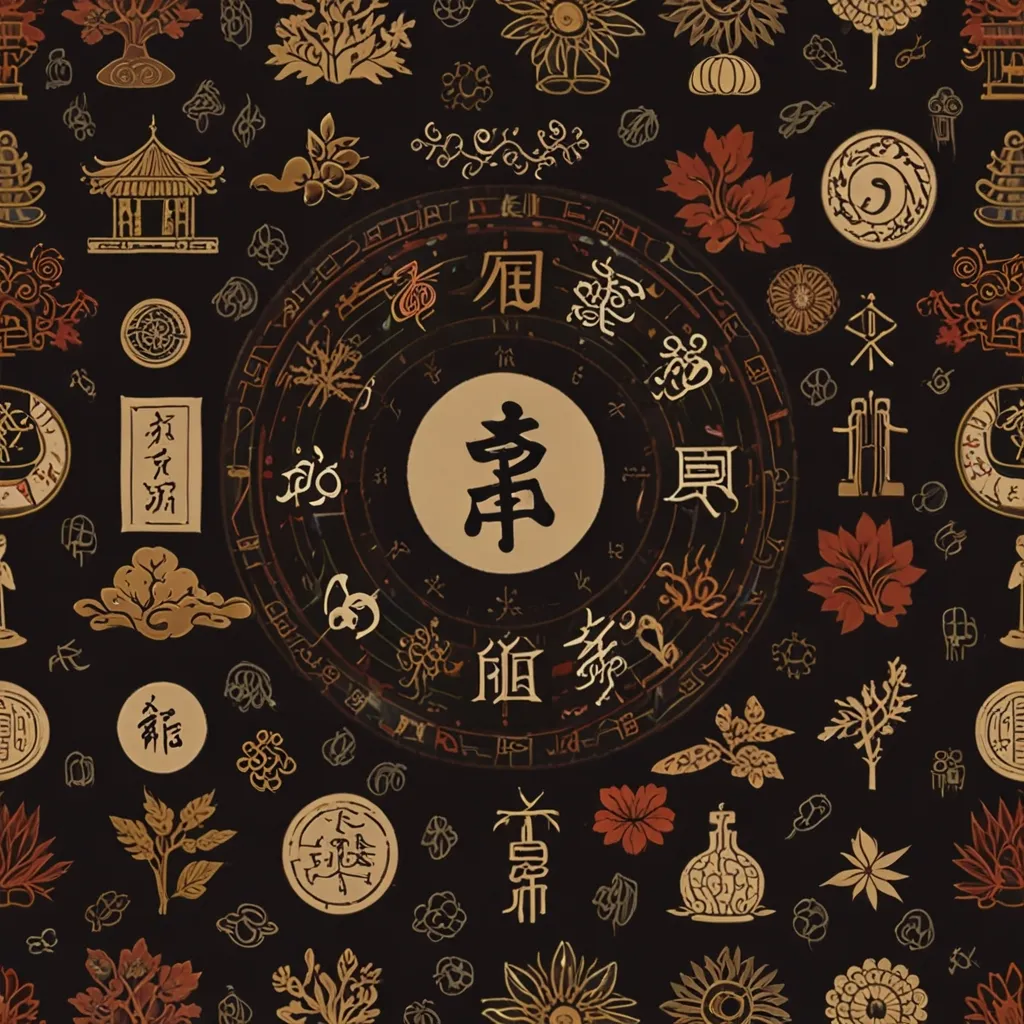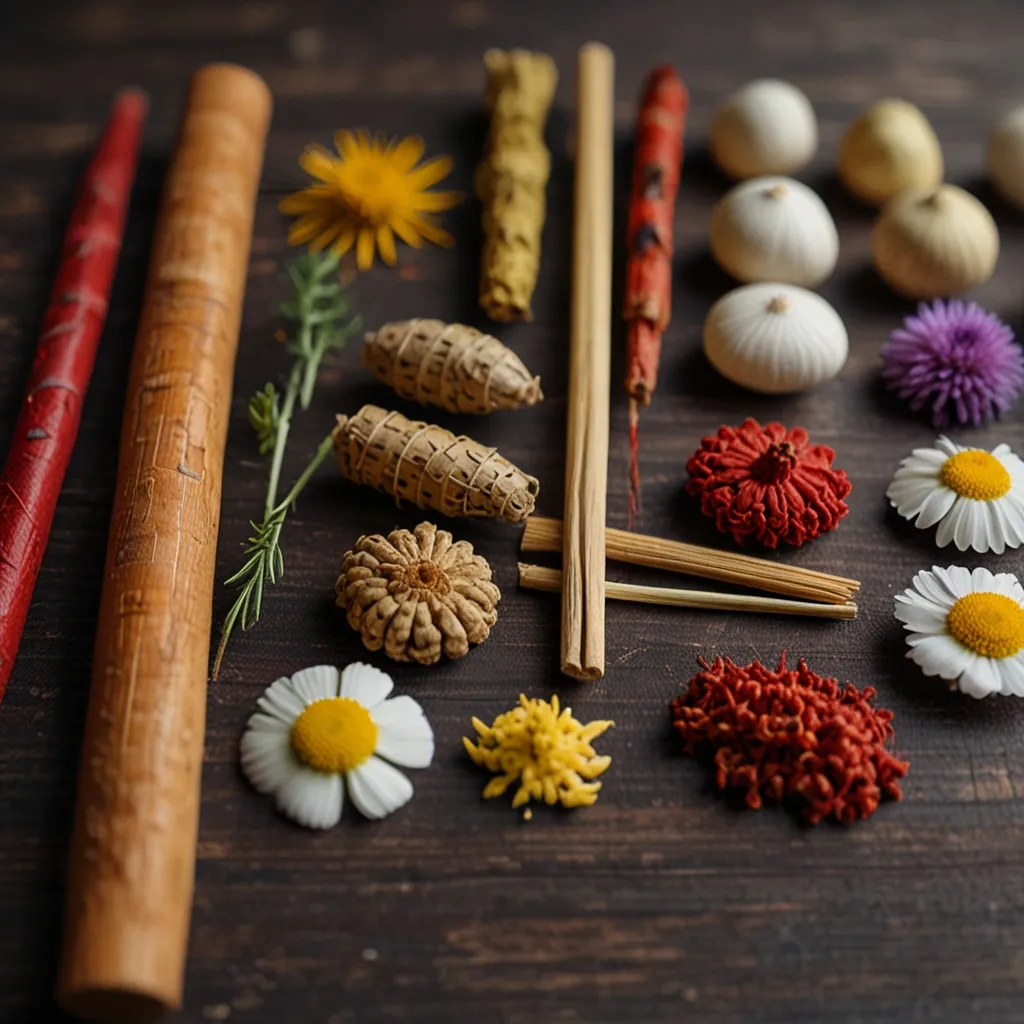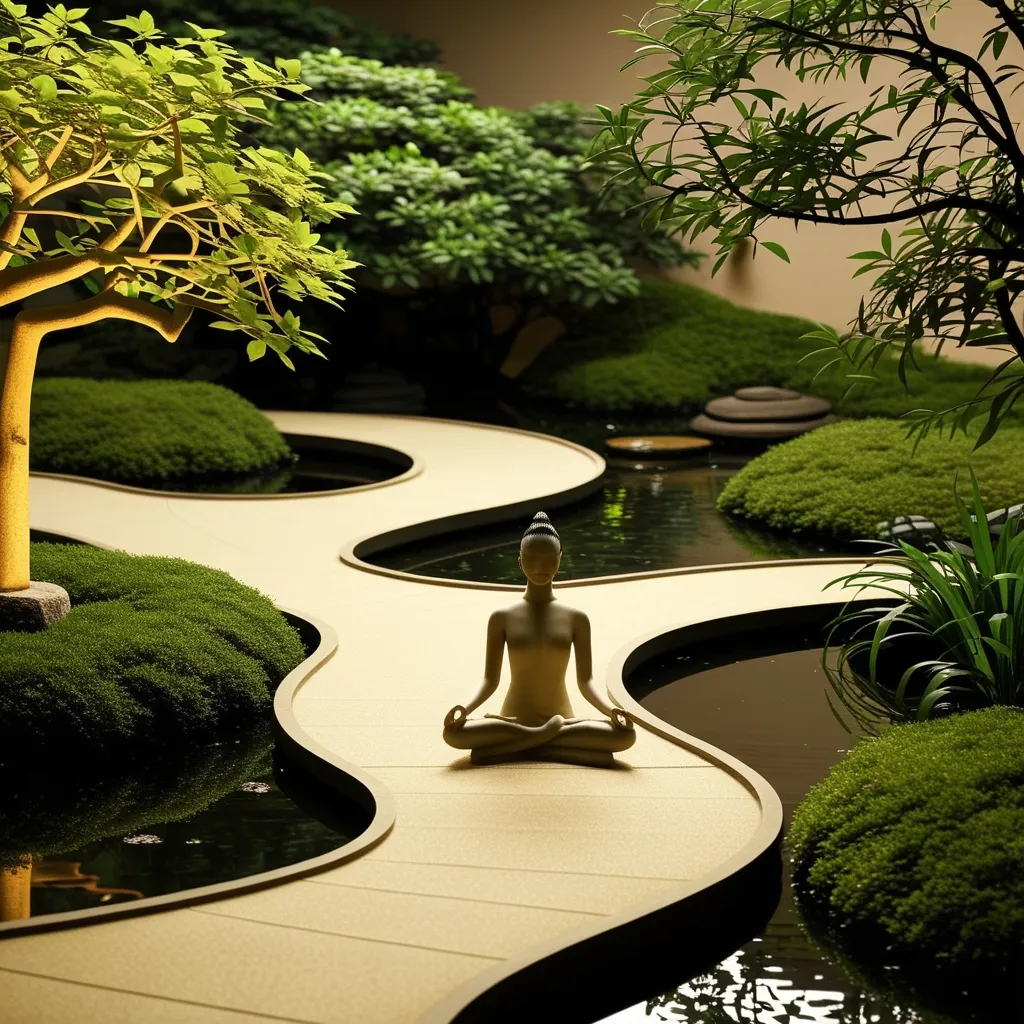Traditional Chinese Medicine (TCM) has been around for over 2,000 years. It’s a full-on medical system that diagnoses, treats, and prevents illnesses. The whole thing revolves around this idea of yin and yang – think of it like opposing energies such as earth and heaven, winter and summer, or even happiness and sadness. When these energies are balanced, everything’s cool; you feel relaxed and energized. But when they’re out of whack, your health takes a hit.
TCM’s got this fascinating concept called qi (pronounced “chee”). This is like a life force that flows through your body. For you to be in top shape, both yin and yang need to be balanced, and qi has to be flowing freely. If there’s too little or too much qi in one of the body’s energy pathways, called meridians, or if the flow is blocked, you get sick. Imagine it like this: you can’t see the wind, but you know it’s there when it fills a sail. Qi is the same – you don’t see it, but you sure feel its impact.
The ultimate aim of TCM treatment is to keep yin and yang balanced by promoting the natural flow of qi. This ancient art has a rich history dating back to 200 BCE. The first writings about TCM popped up in classical Chinese texts and were polished over the centuries. It mostly stayed in Asia until Chinese immigrants brought it to the U.S. in the mid-19th century. But, it wasn’t until 1971 that TCM really grabbed attention in the West. This surge in interest happened thanks to New York Times journalist James Reston, who, while covering Nixon’s trip to China, had emergency appendicitis surgery and got acupuncture for pain relief. His stories raised eyebrows and ever since, TCM’s recognition has skyrocketed globally.
There’s loads of practices within TCM, like Chinese herbal medicine, acupuncture, moxibustion, and other therapies like Tuina and Qigong. Acupuncture is probably the most well-known. It involves inserting thin needles into specific points on your body to get that qi flowing properly. Moxibustion uses heat to stimulate the same points. Tuina is a form of Chinese massage meant to balance the flow of qi, while Qigong consists of exercises designed to cultivate and balance your qi.
Not just limited to treatments, TCM places a heavy emphasis on diet and lifestyle to promote good health. Certain foods can help restore balance to the body’s energy. For example, foods that are classified as “hot” or “cold” can counteract specific imbalances.
TCM has been effectively used to manage a wide range of health issues. It’s been tapped for conditions like obesity, diabetes, high cholesterol, depression, arthritis, back pain, fertility disorder, and major neurological diseases like Alzheimer’s and Parkinson’s. It’s also used for digestive disorders, recurrent cystitis, nausea and vomiting, heart disease, allergies, asthma, cancer, stroke, sinusitis, addictions, menopausal symptoms, osteoporosis, infections, sleep problems, stress, diabetic neuropathy, and epilepsy. That’s quite the list!
However, it’s super important to only use TCM under the guidance of a trained, certified practitioner. There are risks involved, especially with Chinese herbal products. Some contain unlisted drugs or heavy metals like lead, cadmium, and mercury. Aristolochic acid, found in certain herbs, has even been linked to kidney failure and cancer. It’s crucial to let your doctor know about any herbs or supplements you’re taking to avoid nasty surprises.
So, in a nutshell, Traditional Chinese Medicine is a holistic health approach aiming to restore balance to the body’s energy with various practices and lifestyle tweaks. This ancient system, honed over centuries, has gained much love worldwide. But remember, always use TCM responsibly and under proper supervision to stay safe while reaping its benefits.






